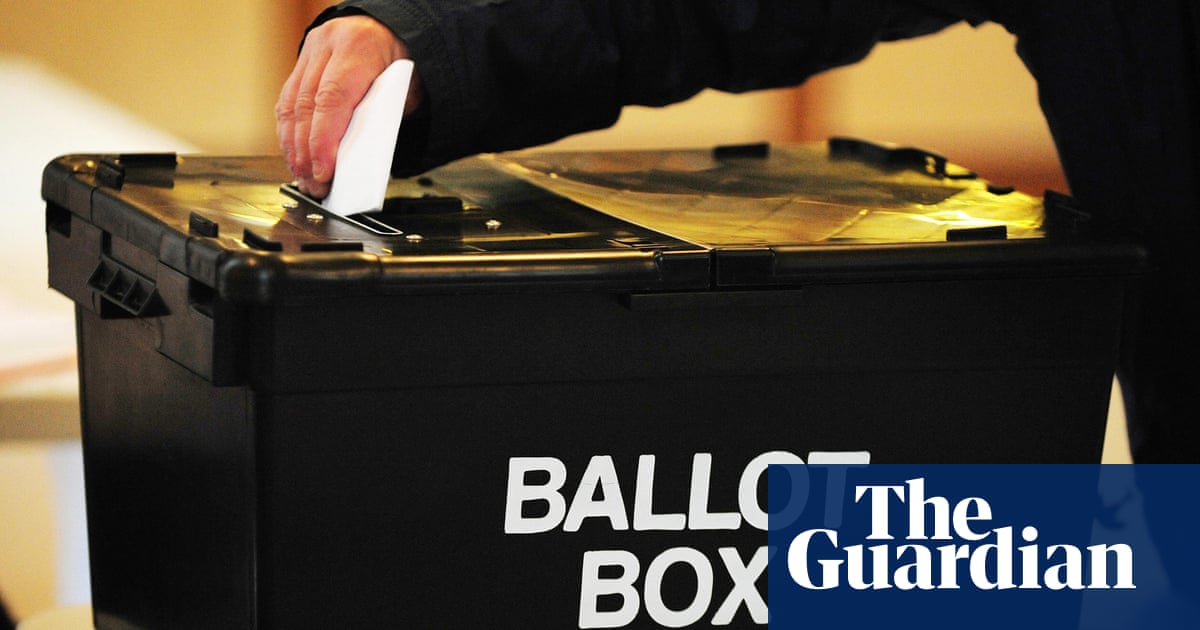A majority of towns that saw rioting last summer have a “torn social fabric” and have been bearing the brunt of economic deprivation, according to a new report.
The report was published by the charitable trust Power to Change, using a “social fabric index” produced by the Onward thinktank which looks at the changing nature of community in different parts of the UK.
It found that 23 of the 27 places that experienced disorder last summer have a social fabric score that was far below the median.
Some of the areas where violence broke out, such as Hull, where windows of a hotel that was used to house migrants were smashed and three police officers were injured, and Middlesbrough, where a 1,000-strong riot saw police attacked, as well as homes, cars and public buildings vandalised, had the lowest social fabric score in the UK.
The Social Fabric Index, which has been produced by Onward every year since 2020, looks at an area’s economic value, such as employment rates; relationships, such as rates of volunteering; positive norms, such as the levels of education in the area; civic infrastructure, such as trust in government; and physical infrastructure, looking at data on local assets and green spaces.

The new report analysed the data from the index against the 27 areas that had experienced violent disorder and found the overwhelming majority of areas that experienced riots had a median social fabric index below 0.5. Only Southport, London (Westminster) and Bristol had a score at the median or slightly above.
The Power to Change report used the findings to develop 10 recommendations that call for an investment in cohesion so people have places to meet, empowering communities so they feel more control over their lives, and supporting community-led growth that can be seen and felt across the country.
after newsletter promotion
Josh Westerling, the policy manager at Power to Change and the report’s lead author, welcomed the focus on community cohesion after the rioting, but said: “Communities policy must move from crisis response to a consistent strategy.”
The report calls for the implementation of the community wealth fund, plans for which were abandoned due to the elections, and to bring forward flexible funding pots of about £1.5m a place over 10 years.
It hopes this funding can help reverse the loss of spaces and places where people can meet others and interact. On average 6,000 council-owned assets had closed in 2010, according to the report, while green space provision had declined by a third when compared with the early 20th-century scenario. The report also noted the closure of 50 pubs a month in the first half of 2024.

The report also calls for the expansion of community ownership funds to £1bn over 10 years. The funds have supported over 330 community ownership projects across the UK so far, such as Stretford Public Hall, Manchester, which was bought by 800 local people and organisations after the council announced it was putting it up for sale. The hall now offers a programme of services and activities.
Westerling said: “Government should stop thinking of cohesion in isolation, and recognise it as the bedrock for empowerment and economic opportunity in places. That is why Power to Change are calling for a long-term, three-stage strategy that ties together cohesion, community empowerment, and community-led growth.”
Other recommendations include introducing community-based initiatives to increase contact between different groups of people, work towards universal fluency in English by 2030 by supporting delivery of ESOL (English for speakers of other languages) classes, introduce a community right to buy, and establish a community growth network.

.png) 1 month ago
28
1 month ago
28













































